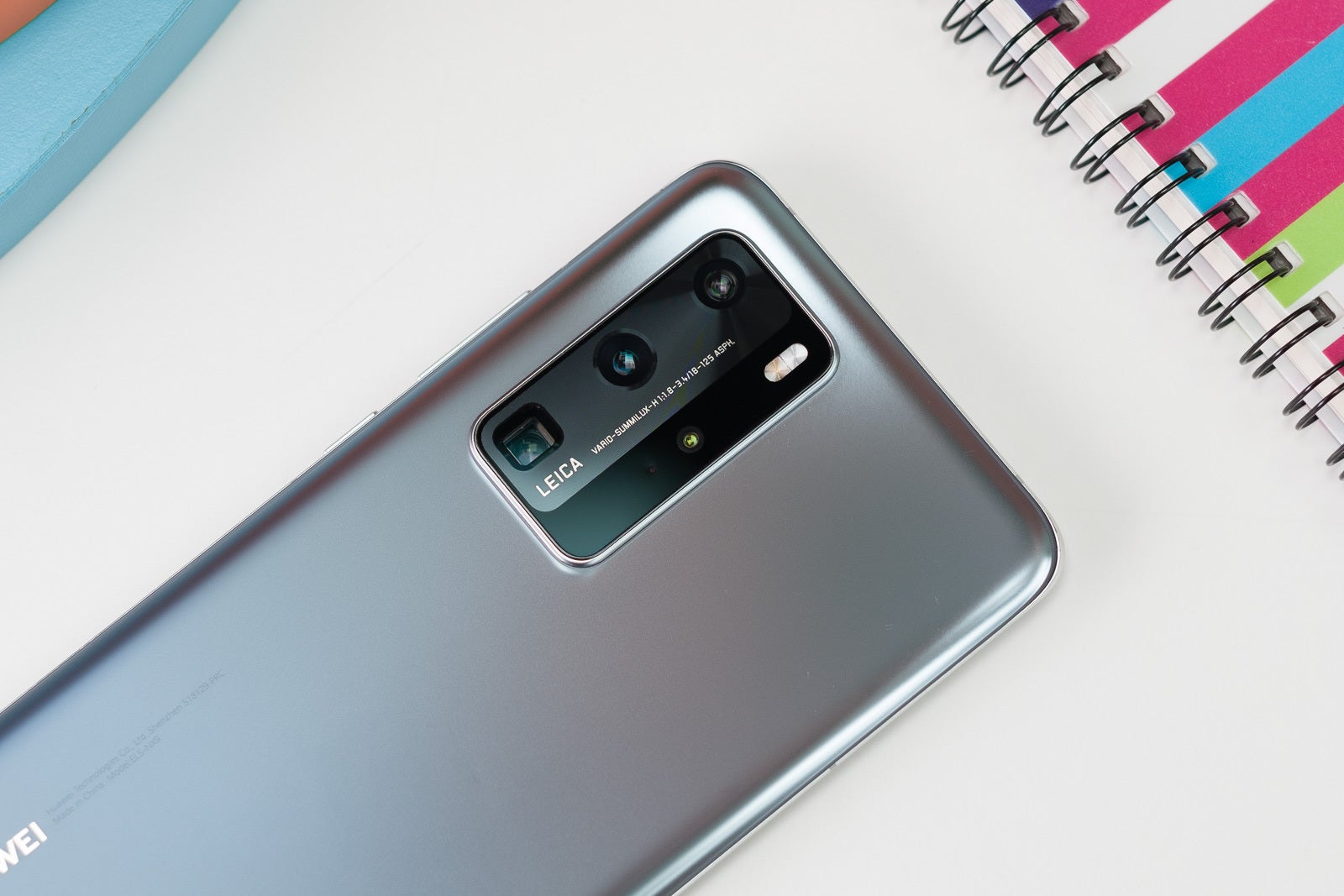Huawei Mate 40 to feature groundbreaking camera tech, crazy fast chipset

The Huawei Mate 30 Pro
Free-form lenses for improved ultra-wide-angle shots
Huawei has made a name for itself in recent years by pushing the limits of smartphone photography. It doubled down on that strategy with the recently announced Huawei P40 series and it looks as though the Mate 40 lineup won’t disappoint either.
Explaining free-form lens technology can get quite lengthy. But to sum things up, it’s essentially an advanced manufacturing process backed up by complex mathematical equations that enable superior light refracting capabilities – it's mostly used in prescription glasses.

The Huawei P40 Pro
In practice, this reduces wide-angle distortion to a minimum and can also improve low-light performance among other things. Therefore, improvements to both the ultra-wide-angle camera and Night Mode on the Huawei Mate 40 are very possible.
The best part, however, is that free-form lenses can be stacked on top of each other. That allows customizable focal lengths and creates a smaller package than traditional optical lenses, therefore freeing up valuable space inside the device.
Expect at least four cameras on the rear
The most obvious implementation for this new lens technology is the ultra-wide-angle camera, as mentioned above, but there’s no word just yet on whether Huawei is looking into implementing it on any of the other cameras.
As things stand, the range-topping Huawei Mate 40 Pro is expected to feature at least four cameras on the back. The package should include a high-resolution main camera, the aforementioned ultra-wide-angle shooter, a Time-of-Flight sensor, and a new periscope implementation.
This should all be coupled with an upgraded selfie camera and a 3D Face Unlock system that rivals Face ID. Whether the latter will be housed within a notch or punch-hole, however, remains to be seen.
Ridiculously fast chipset, but probably no Google
Ming-Chi Kuo didn’t reveal anything else about the outside of the smartphone, but he did choose to explicitly mention the presence of Huawei’s homegrown Kirin 1020 chipset on the inside.
The latter is going to be announced later this year and is going to be based on the new 5-nanometer manufacturing process. It should use either the latest Cortex-A77 or the upcoming Cortex-A78 cores, which means a rather drastic performance upgrade is to be expected.
Huawei’s current-gen Kirin 990, for reference, features Cortex-A76 cores and is based on the 7-nanometer manufacturing process that was first introduced two years ago.
Coupled with the new chipset looks set to be Android 11 straight out of the box alongside the yet-to-be-announced EMUI 11 overlay. The ongoing US trade ban makes Google apps and services support extremely unlikely.
















Things that are NOT allowed: